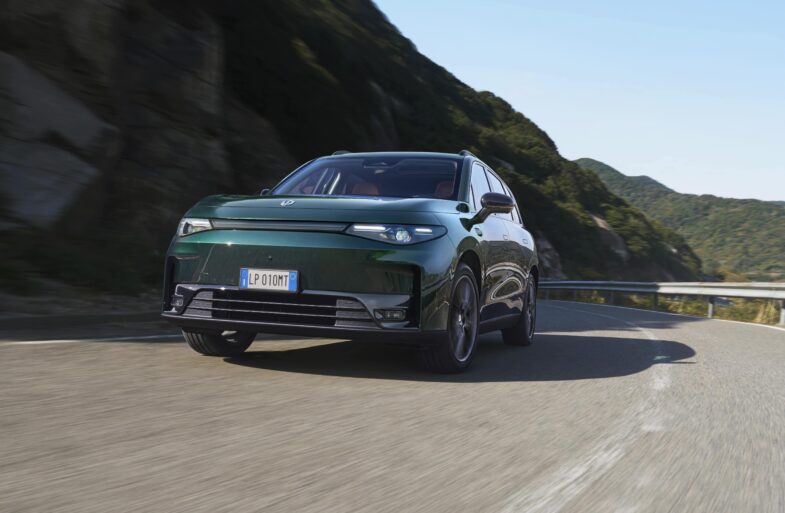2035 is just 10 years away, and you are not without knowing that, starting from January 1, 2035, the sales of new thermal and hybrid cars are expected to be banned in Europe. However, under pressure from automakers who are not selling enough electric cars and who must face an increasingly strict CAFE (Corporate Average Fuel Economy), the EU is expected to relax its 2035 ban. Thus, plug-in hybrid electric vehicles (PHEVs), capable of running in 100% electric mode, and new range-extended electric cars would be allowed to be sold in the EU in 2035.
This information comes from the German media Spiegel, which is why it can be taken seriously. Moreover, Ursula von der Leyen is currently discussing with the leaders of the European automotive groups to propose, as of next March 5, an action plan to support them in the face of the difficulties they encounter. Add to this the fact that a review clause is scheduled to be studied in 2026 regarding the decision to ban the sale of new thermal and hybrid cars in Europe from 2035, and you will get a European politico-economic context that would therefore force the EU to partially reverse its decision. Thus, plug-in hybrid electric cars and new range-extended electric cars could therefore still be allowed to be sold in the EU in 2035. Below in the photo, the Audi A3 Sportback TFSI e PHEV.

The EU would therefore be considering giving time to European automakers, because in Europe, electric cars are selling poorly. According to figures published by the ACEA, which has been pressuring Brussels for several months, the sales of electric cars fell by 5.9% in the EU in 2024, compared to 2023. Spiegel apparently obtained a document circulating in Brussels, which would indicate: “As part of the discussions held with automakers, we will identify quick solutions to preserve the ability of the European automotive sector to invest, by examining possible flexibilities to ensure that our industry remains competitive. Without losing our overall ambitions for 2025”. The EU would therefore “relieve” automakers by giving them time. Even if they are selling less so far than so-called “simple” hybrids, PHEV plug-in hybrid cars would be “the solution” for the EU.
As for range-extended electric cars, they are already very widespread in China. This technology offers several advantages, including having an electric vehicle with very high autonomy, but with a small battery. Below in the photo, the 100% electric Leapmotor C10 REEV (Range Extended Electric Vehicle) SUV, whose commercial launch has just begun in France, starting at €37,400.

Finally, this type of electric car is equipped with a thermal engine that is only used as a generator to provide electricity to the battery. This costs less, therefore, and should reassure potential buyers of an electric car thanks to its high autonomy.
The editorial team
Photos: LesVoitures.com / TheCarsNews.com, Audi and Leapmotor

